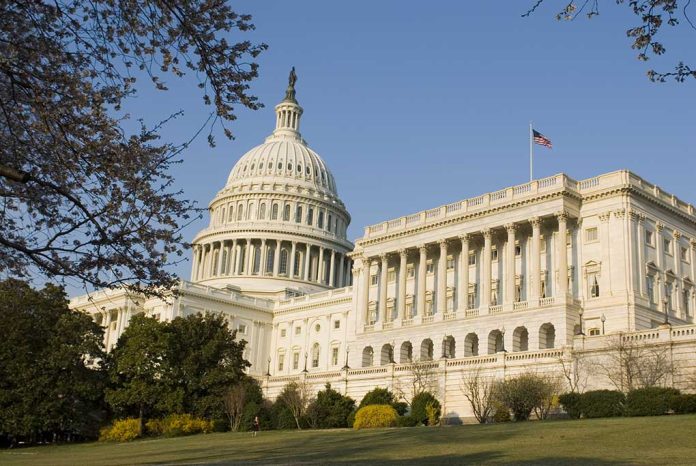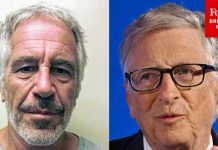
Robert F. Kennedy Jr. is making headlines as he steers the nation down a contentious path with his public health investigations.
Key Takeaways
- Robert F. Kennedy Jr. confirmed as Secretary of Health and Human Services.
- Launched inquiries into antidepressants and vaccines linked to chronic disorders.
- Kennedy removed federal health employees post-confirmation.
- Contention arises over deviation from established health evidence.
Kennedy’s New Role and Challenges
Robert F. Kennedy Jr., recently appointed as the Secretary of Health and Human Services, has taken bold steps towards addressing controversial public health issues. His confirmation led to immediate actions, including the launch of investigations into potential links between antidepressants, childhood vaccine schedules, and chronic disorders. This approach contradicts his prior support for vaccines as expressed during Senate testimonies. However, his decision raises significant questions about future changes in public health policies.
Throughout his first speech at the headquarters of the Department of Health and Human Services in Washington, D.C., Kennedy emphasized an unrestricted approach by announcing, “Nothing is going to be off limits.” His words underscored a shift towards examining factors previously considered taboo. This pivot was further reinforced by his declaration, “We will convene representatives of all viewpoints to study the causes for the drastic rise in chronic disease.”
Employee Terminations and Public Concerns
Months following his appointment, noteworthy personnel changes unfolded within the department. Several thousand probationary federal health employees were dismissed, leading to speculation regarding the potential reduction of internal opposition to Kennedy’s unconventional themes. These dismissals intensified anticipation about the potential fundamental transformations in public health policy.
He conveyed a willingness to engage with varied perspectives, proposing a platform diverse enough to consider contentious issues. It is a direct contrast to decades of established evidence refuting connections between vaccines and chronic illnesses, including autism. Medical authorities worldwide have overwhelmingly discredited such theories.
Implications for Public Health Norms
Despite the lack of scientific backing, Kennedy’s continued inquiry into debunked health theories remains concerning. Experts voice concerns that his initiatives could undermine public confidence in health guidelines. Such skepticism threatens both present and future implementations and the establishment of health norms that rely on tested and validated scientific evidence.
“I support vaccines. I support the vaccine schedule. I support good science.”
Kennedy’s own words during his Senate confirmation now echo contrasts to his current stance—raising apprehensions about consistent leadership in the department.
The ongoing dialogue sparked by Kennedy’s tomb as Secretary of Health and Human Services invites both scrutiny and evaluation. The potential ramifications extend beyond policy adjustments, touching upon national discourse involving science, medicine, and long-established health benchmarks.
Sources
1. RFK Jr. Names First Targets in Chilling Speech as Health Secretary
2. RFK Jr. Names First Targets in Chilling Speech as Health Secretary




